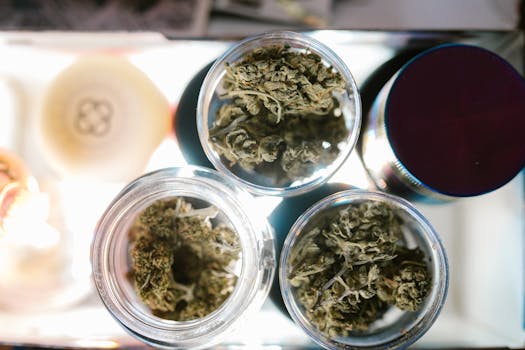As of October 17, 2018, cannabis is legal in Canada! Estimates say that 15% of Canadians use cannabis (marijuana) for recreational or therapeutic purposes and it can be consumed by smoking, vaporizing, within food, or as an extract. Smoking marijuana typically has a more immediate, short-lived effect, whereas “edibles” exhibit effects more slowly that often last longer. So how does cannabis use affect your oral health?
Whether or not you use cannabis for fun or as part of a comprehensive medical treatment, there are several oral health effects I think we should all be aware of:
- Dry Mouth (Xerostomia): Saliva is our natural mouth-cleaning system – it dilutes and washes away food and acids that cause erosion and cavities. Cannabis reduces saliva production, putting you at a higher risk of tooth-wear or erosion and tooth-sensitivity, and sometimes results in bad breath and difficulty swallowing.
- Periodontal (gum) disease: Inflammation caused by smoke inhalation (tobacco or cannabis) can damage the bone and tissue attachments of teeth over time. Also, higher levels of plaque and tartar (often related to poor oral hygiene and dry mouth) is frequently seen in cannabis users.
- Cannabis Stomatitis: Chronic inflammation of the soft tissues (lips, tongue, cheeks, palate) may predispose some patients to oral cancer, although the true relationship between cannabis and cancer is still unclear.
- Cavities: THC is an appetite stimulant, which often leads users to engage in regular snacking. Snacking combined with more plaque and less saliva is the perfect environment to develop lots of cavities in a short period of time. This may also cause existing fillings, crowns, and other restorative work to fail.
In addition, using cannabis prior to receiving routine dental treatment can result in complications, such as:
- Higher risk of dry socket and infection after surgery due to smoke inhalation.
- Bad reactions to local anesthetic that may increase blood pressure or make the heart race.
- Bad reactions to prescription medications, such as pain-killers or sedatives.
- Impairment resulting in the inability to properly consent to dental treatment – meaning your dentist may have to cancel your treatment if you are deemed “unfit” to make decisions.
As always, I recommend talking openly with your dentist about any drug use! Some ways we can help manage the oral effects of cannabis include:
- Regular dental exams and screening for cavities and gum disease
- Regular dental cleanings to reduce inflammation and gum disease
- Use of topical fluoride to help reduce the risk of cavities
- Dietary counselling & management of dry mouth
And if you’re looking for a dentist in Kamloops, we are happily accepting new patients!

